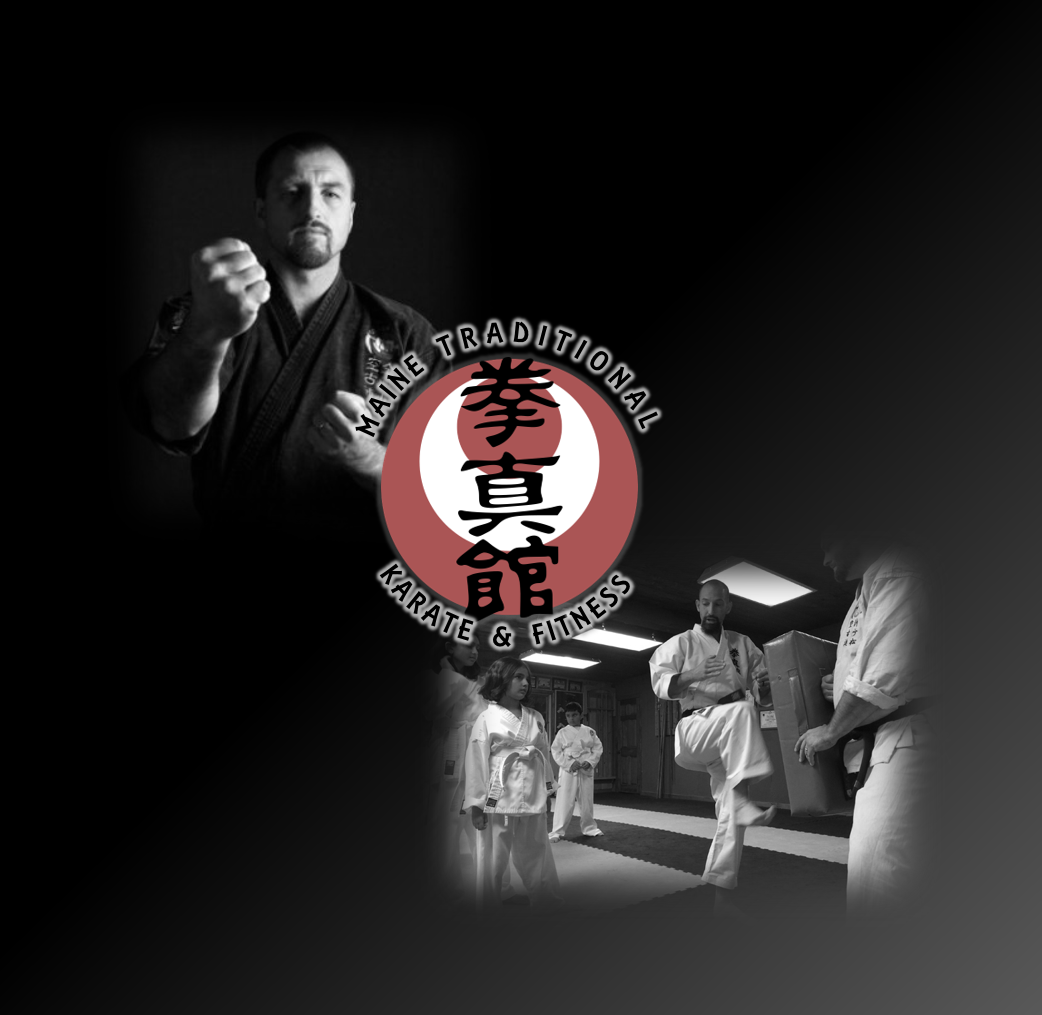I’m such a hypocrite. I really enjoy giving what I can in our dojo to my fellow karateka, but have such a hard time accepting generosity in return. Two weeks ago or so, I was having a discussion about a book with one of our really dedicated students (we’ll call him Josh because, you know, that’s his name). Josh knows that I enjoy the philosophical underpinnings of the martial arts so he shared his enjoyment of a book called “Zen in the Martial Arts.” After listening to Josh speak with such passion about the book, I made a mental note to see if I could get a digital version from the Kindle store to read.
The next class, Josh’s son, Gabe (yep, that’s his real name too – he’s equally dedicated), came up to me and gave me a copy of the book his Dad and I had been discussing. “Me and my Dad wanted you to have this.” I thanked Gabe and looked over to tell Josh that I would take good care of it and return it in the same condition I received it.
Josh’s response took me by surprise. He said, “no, that’s for you.” I told him that I could not accept a gift and asked him how much I owed him. He simply said, “No. I mean it. It’s a gift for you.” Partly I write this blog to thank Gabe and Josh for their thoughtfulness. The book is a good read and will make a great addition to my library.
Buuuuuuuuutttttttttttt, the other reason I write this involves a discussion I had with my wife, Sue, this morning. I was telling her the story about the book and noted that I felt a little guilty about accepting it as a gift. Sue pointed out that I offered to pay for it, and another adult stated that that was not necessary. You leave things there and appreciate that there is still kindness in the world. Sue was right of course. To continue to protest the gift and make multiple offers to pay, in itself, would almost be disrespectful. One of the most proper things to do in such a situation is just what was done – to acknowledge you understand the value of a gift, but not insult the giver by rejecting his or her kindness.
And that brings us to the second purpose of this blog. What he heck is protocol? Every summer, our dojo’s students hear a lot about maintaining good protocol, improving their protocol, being sure to demonstrate proper protocol. With the President of our international karate federation and the senior leadership coming to Maine this summer, talk of protocol and insistence that it be near perfect will intensify.
If you happen to be a newer student in our dojo and you find yourself wondering, “what is this mysterious protocol thing,” you are not alone. For my first year in our dojo, our brown belts kept insisting on improvement in protocol, but nobody really explained to me what that meant. So, as an introduction to our new students and a refresher for some of our older, I thought I would do a series of short blogs as a discussion of protocol of which one should be aware.
I think of protocol as a set of explicit and implicit rules and procedures that define what proper behavior is in a given set of circumstances. Huh? Good protocol is knowing what to do, when to do it, and then actually doing it.
One of my favorite examples involves how one is to hold one’s cup at the start of a water break. Part of the proper protocol involves holding your cup in your right hand with your left hand on the bottom, and making sure you are holding your cup at a lower level than the Sensei or, in his or her absence, the senior ranking student.
What makes this particular part of protocol my favorite is the online rant I once read on a karate discussion group board. The original poster described his opinion of such protocol using a phrase meaning the excrement of a male cow. He seemed genuinely outraged that a traditional karate class he visited “wasted” his time on such nonsense instead of providing “real” training.
I just chuckled to myself.
Over this series of blogs, I not only hope to help my fellow students be prepared for the visit from Kaicho Isao Kise, but to also highlight the important role protocol plays as an integral part of your training in karate do.
I am in no way implying that one must follow our protocols to be an effective fighter or even a successful martial arts practioner. Clearly such is not the case. I would, however, ask anyone knocking traditional dojo protocols as “a waste of time,” to open his or her mind to the subtle lessons inherent in learning and following such protocols. Ponder learnings about self-control, respect, placing oneself at a disadvantage or position of lesser stature as the best means of securing a position of strength or maximizing one’s chances of survival. These are but a few of the areas of understanding reinforced by learning and practicing something as simple as holding one’s Dixie Cup of water.
If you have a question about protocols, please post in the comments field below. Chances are if you are wondering about something,so are other students. If I mention something incomplete or inconsistent with want you have been taught, please respectfully say so. What one says when bowing to a partner before initiating a two person drill is a crucial protocol that reinforces an attitude that I internalized long ago but must be ever vigilant to maintain.

